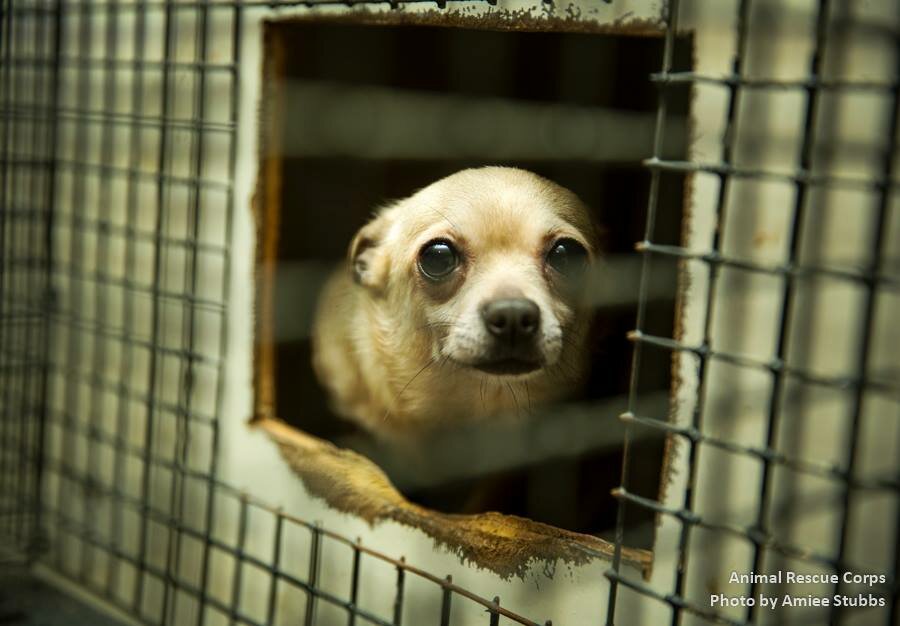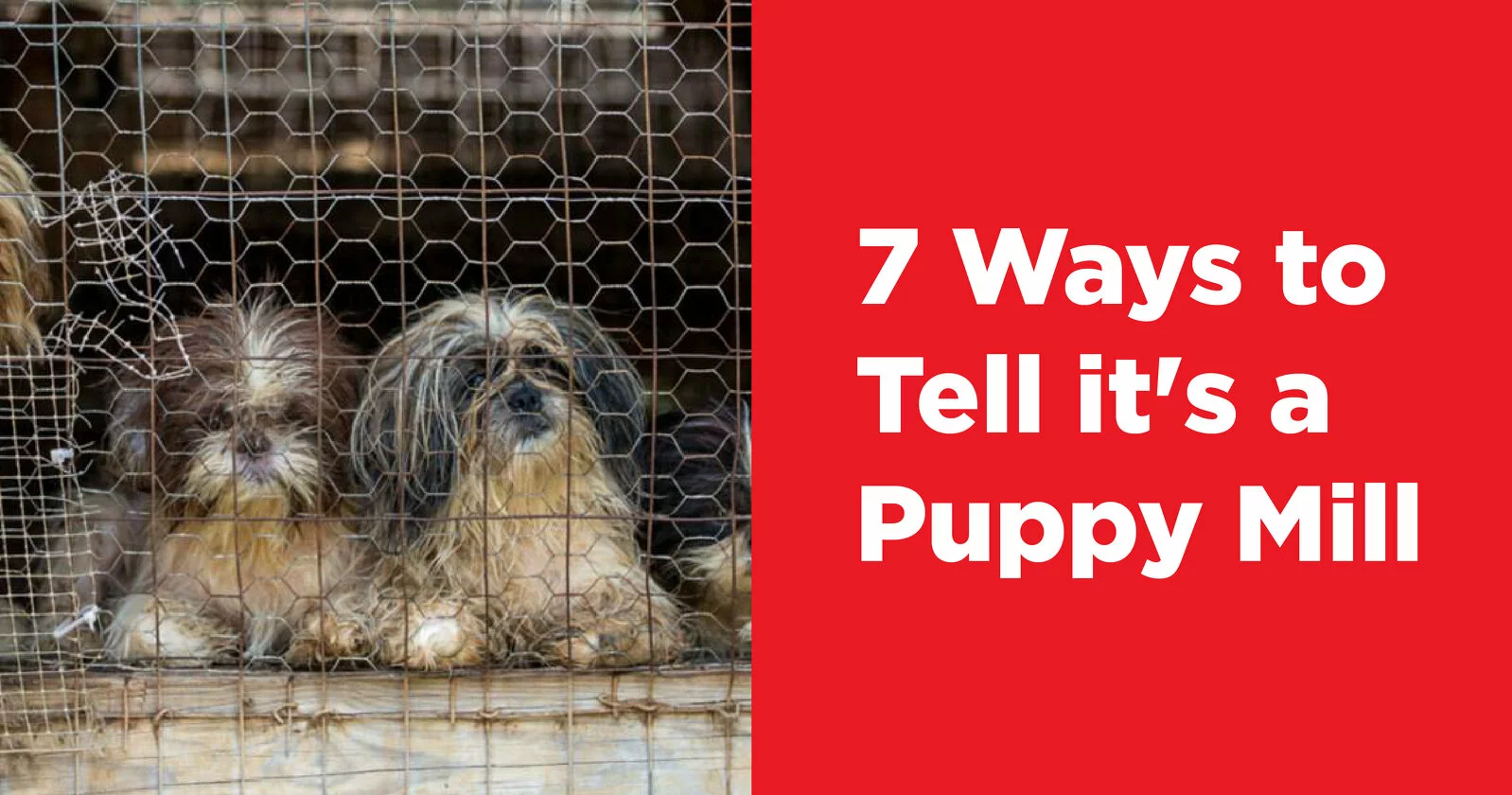Don't Get Tricked by Puppy Mills
September is Puppy Mill Awareness Month. According to the Humane Society of the United States, an estimated 10,000 or more puppy mills are in operation throughout the country.
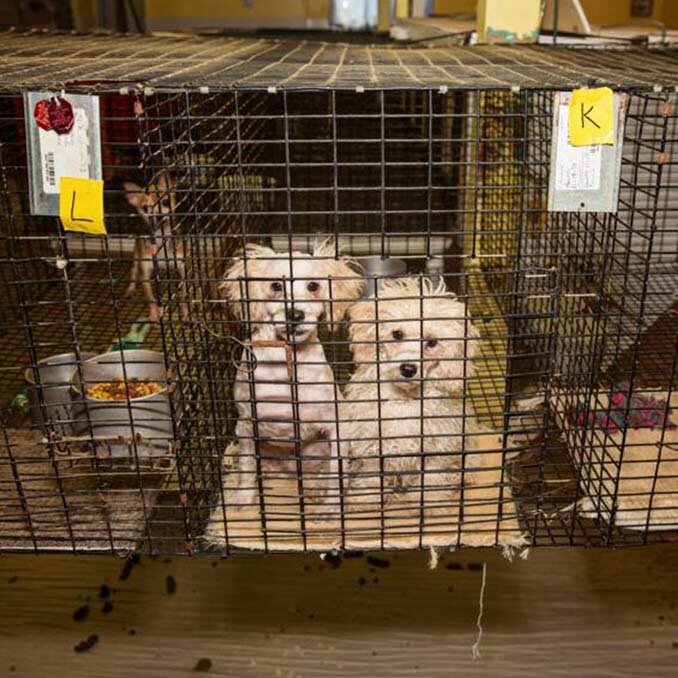
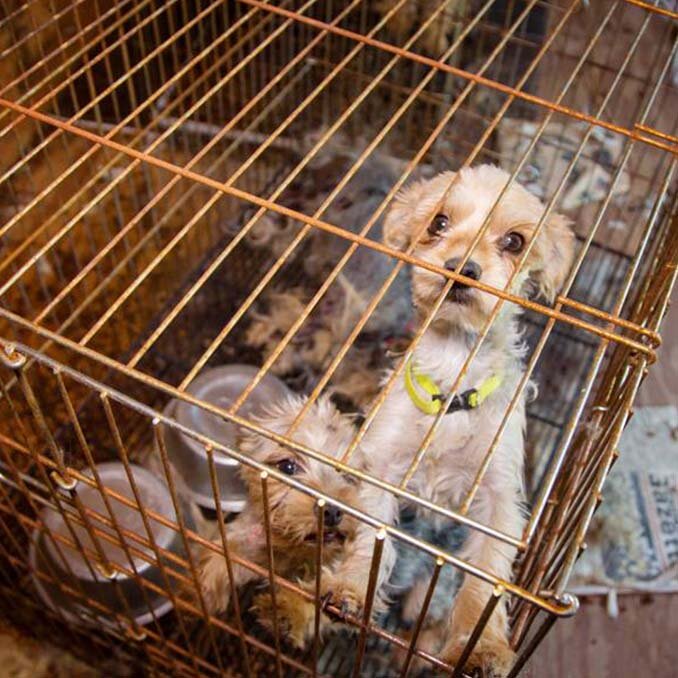
Puppy mills come in all shapes and disguises. These commercial dog breeding operations may sell puppies in pet stores, online, or directly to the public through classified ads. However, puppy mills all have a lack of medical care, nutrition, housing, grooming, sanitation, and socialization in common. Essential aspects of humane animal care are usually thrown to the wayside to maximize profits and produce as many litters of puppies as possible.
At BPF, our hope is for everyone to adopt their next pet from a rescue or shelter. However, we understand many individuals still choose to purchase a pet. Unfortunately, this often leads many people to seek out puppies to buy. We want to arm prospective pet parents with the necessary information to avoid falling for the deception of puppy mill breeders.
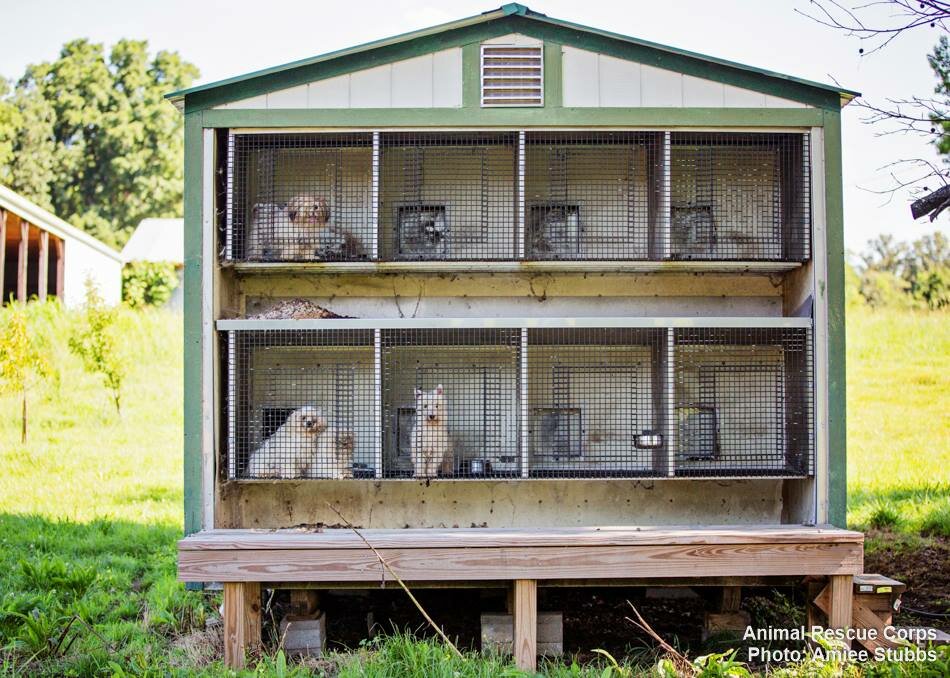
Here are seven ways to tell if you may be purchasing from a puppy mill:
- The breeder won’t let you meet the puppy’s mom. Reputable breeders are proud of their dogs and the care they provide. If a breeder does not allow you to meet the puppy’s mother—buyer, beware. Mill moms are often kept in poor conditions and bred with no downtime between litters.
- They use the term “USDA breeder” to show they are licensed. Dogs are considered livestock under the U.S. Department of Agriculture (USDA). This form of licensing is required for puppy mills to sell directly to pet stores or consumers over the internet when they have five or more female dogs they are breeding. Promoting USDA licensing for a breeding operation is a telltale sign of a puppy mill, as the USDA has notoriously weak inspection policies.
- The breeder prefers cash or money orders and offers payment plans. Watch out for breeders who only accept cash or money orders. Pet stores selling puppies from mills may also feature payment plans featuring options for financing a puppy. These types of payment options may alert you to a bad situation.
- You found the breeder on a website that advertises thousands of puppies. A website featuring multiple breeds for sale is a puppy mill. These websites can also be puppy brokers, which are individuals or companies who obtain puppies from mills and sell them online or to pet stores. Common online sale websites are also not reputable places to search for and buy a puppy.
- The breeder always has multiple breeds and litters available. Reputable breeders rarely breed more than one type of dog. If your chosen breeder has several litters available from different breeds, you’re likely in touch with a mill. The number of litters a breeder has also increases the likelihood of a puppy mill situation.
- The breeder will sell, ship, or meet you to give you the puppy. Puppy millers will do anything to avoid you coming to visit their facility. Instead, they will meet you in a parking lot, off a highway exit, or on the side of the road to ensure your convenience. Many puppy mills will also offer to ship you a puppy by ground or air transport.
- The breeder does not ask you any questions about your experience with dogs. Responsible, reputable dog breeders want to ensure their puppies are going to educated homes. These individuals will ensure that the breed you’re purchasing will fit your needs. They also may provide breed-specific education and ask questions about your experience with raising and caring for a puppy.
Please share this important information about identifying the tricks puppy mills use to stay profitable and continue their cycle of harm with you friends and family. Together we can stop puppy mills.

